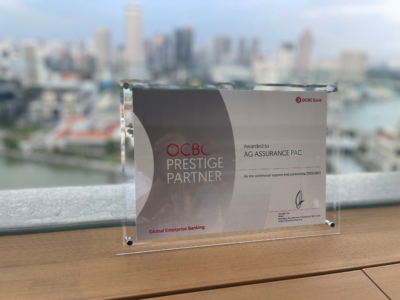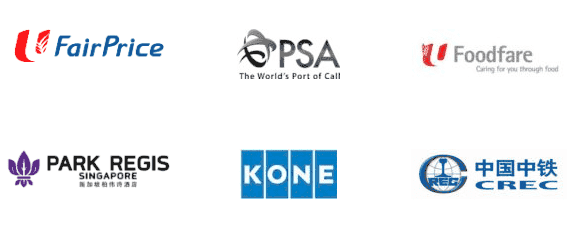In the world of business and finance, audits play a crucial role in ensuring transparency, accuracy, and compliance with regulatory requirements.
In Singapore, as in many other countries, two distinct types of audits are commonly conducted: internal audits and external audits. While both serve the purpose of examining an organisation’s financial records and processes, they differ significantly in several aspects.
In this article, we will explore the key differences between internal and external audits in the context of Singapore’s regulatory environment.
What is an Internal Audit?
Internal audits serve to assess and improve the effectiveness of the company’s internal controls (e.g. risk management, governance processes, etc.) and ensure that the company’s operations comply with internal policies and procedures.
They are usually carried out by the internal audit department, who are employees of the company but operate independently of the audit committee.
The internal audit function is especially necessary for larger organisations with high levels of process complexity, as it is easier for process failures and control breaches to occur.
What is an External Audit?
On the other hand, external audits in Singapore are performed by independent audit firms or external auditors who are not affiliated with the organisation being audited.
Their primary responsibilities are
- to provide an opinion on the accuracy and fairness of the financial statements
- to analyse whether the financial statements comply with relevant accounting standards and legal requirements, such as those established by ACRA
What are the Key Differences Between Internal and External Audits?

Independence
While both internal and external auditing departments emphasise objectivity, an internal auditor is still an employee of the organisation, and their independence might be subject to internal pressures or conflicts of interest.
Meanwhile, an external auditor team is typically hired from professional audit firms, ensuring a higher level of objectivity and impartiality in their assessment.
Frequency
External audits are typically conducted annually, usually at the end of the year. However, the frequency may vary depending on regulatory requirements, the size of the organisation, and the nature of its operations.
Meanwhile, internal audits can be conducted periodically or as needed by the organisation and are often ongoing processes.
Financial Reporting
Internal auditors do not directly produce financial reports. Instead, they provide internal audit reports containing recommendations and assessments to the management and the audit committee, helping them make informed decisions on internal processes and controls.
On the other hand, external auditors provide an independent opinion on the accuracy and fairness of the company’s financial statements.
These external audit reports are included in the company’s annual report and are accessible to shareholders, regulatory authorities, and other stakeholders.
When Should Business Hire External Auditing Services?
Legal Requirements
Suppose your business is legally required to undergo an external audit by regulatory authorities or comply with specific accounting standards, industry regulations, or contractual obligations.
In that case, an external audit is needed to ensure compliance.
Business Transparency
Opting for an external audit can demonstrate your commitment to transparency and corporate governance, which can enhance your reputation and trustworthiness among stakeholders, clients, and the public.
This is because an external auditing service provides independent validation of your company’s internal control processes and financial health.
Legal or Tax Disputes
An external audit can provide an unbiased assessment of financial records, which can be crucial for resolving disputes and ensuring compliance with tax regulations.
Choose AG for Tailored Audit Services with Guaranteed Efficiency and Expertise

With our team of MNC-trusted, seasoned auditors, you can expect nothing less than exceptional service and insightful analysis tailored to your unique business model.
Our customised audit services are designed to meet your specific needs, ensuring that your business remains compliant with the most rigorous industry standards.
You’ll receive a comprehensive audit report, complete with our expert advice and unbiased analysis so you get a deep understanding of the intricacies of your business.
Trust AG to be your reliable partner in navigating the complex landscape of regulatory compliance and financial transparency.
Contact us today for a seamless and effective auditing experience that sets your business up for success!














